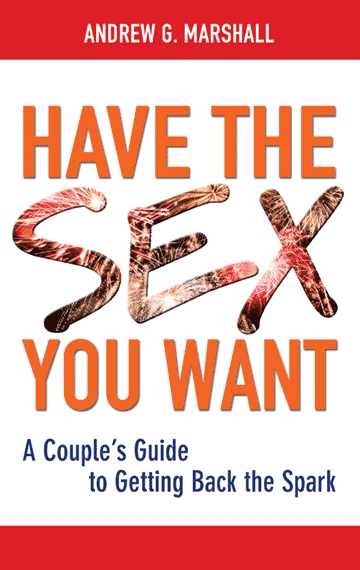Bad news from the bedroom this week: the UK is in the grip of “the Great British Sex Drought”. A Daily Mail survey revealed:
39% of women would rather give up sex than their smartphone
31% have faked sleep to avoid sex
20% have no sex at all

I’ve spent a rather large portion of my adult life considering this problem and how to solve it.
So I thought this week I would share some of the resources I’ve created or used to help people reconnect in the bedroom (particularly those in midlife and beyond).
Maybe you need to rethink sex
For many couples, the memory of those heady early days of their relationship when they couldn’t keep their hands off each other just about haunts the rest of their relationship. The ghost of what was stops them from moving on to anything better.
In fact, there are three kinds of sex:
Spontaneous sex - the intense passion of discovery, typical of a new relationship.
Validation sex - you care more about what your partner thinks, because you’ve fallen in love. Sex can start to be about finding confirmation that he finds you beautiful, or that you are still a sexual powerhouse.
Connection sex - this is where you bring your whole self to the bedroom and make yourself vulnerable to your partner. If you can put the time in to achieving this, it will be the best sex of your life.
Take a look at my recent article “The three types of sex - and why only ONE can put the spark back in your relationship” if you’d like to learn more about understanding sex at different life stages.

What if the idea of sex leaves you cold?
Many women, in particular, experience a total loss of libido at some point in their lives. It is estimated that one in ten women suffer from “hypoactive sexual desire disorder” (basically, low levels of sexual desire).
The causes of this can be cultural, physical, structural, emotional - most likely a mix of factors. The result, though, is a lot of people feeling incredibly lonely in their most intimate relationship.
If you’re stuck in a low-sex or no-sex relationship, you’ll likely be constantly comparing yourself to other couples, who seem natural, relaxed, connected. And you’ll be feeling that creeping sense that something is very wrong.
In this week’s The Meaningful Life podcast, I talk about this issue with Sex and Intimacy Coach Irene Fehr. Irene has worked with hundreds of couples on gently and gradually rebuilding passion and connection.
We discussed the nature of desire, the different kinds of sex and some practical ideas to help you feel calm, relaxed and at ease with each other (including swapping out Date Night for small, daily periods of daily connection).
You can find my discussion with Irene Fehr here: Why Desire Disappears in Committed Relationships.
And you may also be interested in some of Irene’s articles about sex in long-term relationships, including What to Do When Your Sex Life is Gridlocked or 3 Unhealthy Thought Patterns that Keep Couples Stuck.
Great Sex Starts at 50
This is the title of a book by my friend and international sex therapist, Tracey Cox. It’s a joyous ride through sex after fifty and all the satisfactions it can bring.
There are big challenges to be faced as we age - the menopause affects libido, sex can become painful, our bodies change dramatically, men grapple with erectile dysfunction and experiments with Viagra can lead to mixed results.
Tracey Cox is wonderful, though, at the practical ways to overcome these realities. She writes particularly well about trying new things.
If you can find the courage to start the conversation with your partner (usually the hardest part), you will likely find that sex toys, imaginative flirtation and widening your definition of sex can lead to large quantities of sheer fun together.
You can find the Great Sex Starts at 50 book here or listen to my conversation with Tracey here.
Why is talking about sex so hard?
It’s strange, isn’t it, how we can feel at our most vulnerable when we are talking about sex. Far more so than when we are naked and in the middle of the act itself!
I’ve found that the longer couples go without talking about sex, the harder it gets. Many arrive at the point where they are so shut down with each other that even intensive marital therapy may not save things.
So if you’ve felt the need to talk about sex for a while, but have kept putting it off, don’t leave it any longer.
My book Have the Sex You Want spends a fair bit of time on finding ways to talk, to become vulnerable with your partner again, and to rebuild intimacy and trust.
One of the things that’s different about the book is that it asks you to try my ten-week plan, during which sex is off limits. I take you back to the basics of sensual touch, and help you relearn the simpler pleasures of holding and being held.
As always, if it feels like the right time to start marital therapy, send an email to Tricia (tricia@andrewgmarshall.com) for a virtual or in-person appointment with one of my team of therapists in London, or with me here in Berlin.
With love,
Andrew





